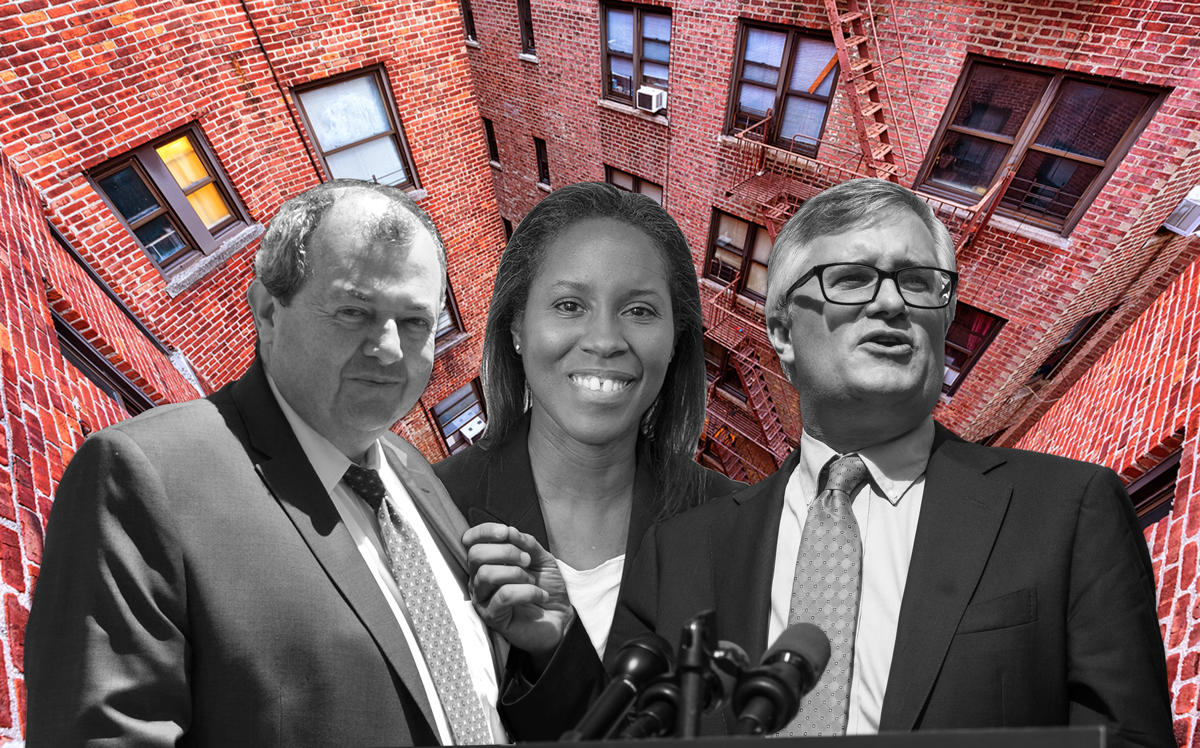A de Blasio administration housing official seemed to speculate Wednesday that the city will approve larger rent increases than in the past to compensate for rent-limiting changes to state law.
Louise Carroll, commissioner of the city’s Department of Housing Preservation and Development, said small rent increases allowed by the city’s Rent Guidelines Board — which even froze regulated rents for two consecutive years — aren’t an indication of how it will act going forward.
“It’s not a guessing game when they issue these increases,” she said at a housing forum hosted by Crain’s in Midtown. “I have faith that the people on the RGB will do what is appropriate.”
From the context of the discussion, her clear implication was that the board would approve higher rent hikes than in the past because other ways for landlords to raise rents were choked off by the rent law Albany enacted in June.
She stressed that she isn’t on the board and wouldn’t explicitly say it will approve rent hikes higher than the roughly 2% average of recent years. Still, the comments from a top administration housing official were telling, given that the mayor appoints the rent board’s nine members.
This year, the board approved a 1.5 percent increase for one-year lease renewals and a 2.5 percent hike for two-year leases for both rent-stabilized apartments and lofts, with a 39 percent permissible increase for decontrolled units.
The Housing Stability and Tenant Protection Act of 2019 limits the ways in which landlords can bump up rents in regulated apartments, which could put extra pressure on the city’s board. Though owners can still hike rents by renovating their buildings — through the Major Capital Improvement and Individual Apartment Improvement programs — the law curbed those significantly.
Wednesday’s event largely focused on changes to the state’s rent stabilization law.
Sen. Brian Kavanagh said that when the legislature considered eliminating the Individual Apartment Improvement program, the real estate industry warned that owners would severely limit renovations. The senator reframed the issue, saying that limiting what a landlord can spend allows tenants to stay in their neighborhood. While the apartments might not undergo comprehensive renovations, the allowed increases were enough to keep apartments “habitable” and “basically decent.”
“The question is: Is that really such a terrible outcome?” he said.
Real Estate Board of New York President James Whelan disagreed. He said changes to the IAI and MCI programs were “too drastic to the point that you have to question their utility going forward.” He said the new law doesn’t properly address the city’s affordability crisis.
“Admittedly rent growth will slow, but it won’t put those families in a better position to pay the rent,” he said, adding that the law will not create a single unit of affordable housing.
